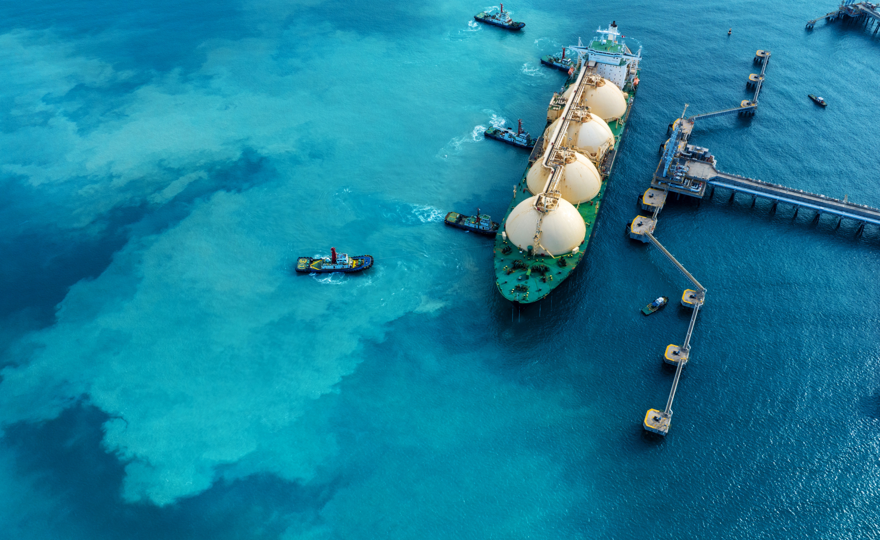ClientEarth Communications
15th July 2025


JPMorgan Chase and other major banks are helping to push forward a massive fossil fuel project in the Gulf of California that will worsen climate change and threaten endangered species.
The Gulf of California is one of the most vital marine ecosystems on the planet. A UNESCO World Heritage site and home to more than one-third of all marine mammal species - blue whales calving in sheltered waters, leatherback sea turtles, and vaquita porpoises navigating by sound.
The plan is to carve up the fragile coastline on Mexico’s Pacific coast to build a liquefied natural gas (LNG) called Saguaro Energia. JPMorgan Chase is helping to raise the $15bn needed to fund it. The project is being developed by a U.S.A.-based company called Mexico Pacific and is supposed to be a major export terminal for gas headed mostly to Asia.
The LNG project is next to a remote biodiversity hotspot in Sonora, Mexico, in the Gulf of California - one of the most vital marine ecosystems on the planet. It is set to industrialise pristine shores, cut gas pipelines through desert habitats, and unleash millions of tonnes of methane pollution – a greenhouse gas that is 80x more climate-harming than CO2.
The harm wouldn’t stop once construction ends. If completed, the Gulf of California would become a major shipping corridor for LNG tankers. That means constant underwater noise, higher risk of ships striking whales, and increased danger of fuel or chemical spills. What is right now one of the planet’s richest marine ecosystems would be repurposed as a fossil fuel transit zone, endangering not just wildlife but also coastal communities that depend on clean, healthy waters.
This traffic would pass through critical blue whale calving grounds, one of the few places on Earth where these majestic animals return to raise their young, making it harder for them to safely use these essential habitats. It would also disrupt the last remaining refuge of the vaquita porpoise, the world’s most endangered marine mammal. With approximately ten remaining in the world, even moderate underwater noise could interfere with their ability to find food or mates - pushing them past the point of no return.
LNG is a fossil fuel just like any other. Projects like this one lock us into more emissions for decades. They damage ecosystems, harm wildlife and derail global efforts to move away from climate-wrecking energy.
By backing this project, major banks like JPMorgan Chase are choosing to prop up a fossil fuel system that’s already pushing our communities, ecosystems, and climate to the brink.
At ClientEarth, we’re working to expose and challenge this destruction and hold corporations accountable. We’ve alerted JPMorgan Chase that its continued involvement could expose the bank to serious financial, legal, and reputational risks - including potential scrutiny over greenwashing.
Our legal team has made clear that this project directly undermines the bank’s own public commitments on climate, biodiversity, and human rights.
Banks like JPMorgan Chase don’t just hold your money - they help decide which projects get funded and which don’t. Those choices shape our future.
The Gulf of California isn’t just beautiful - it’s irreplaceable. It’s time these banks stop financing climate and ecosystem destruction and start funding the solutions our planet actually needs.